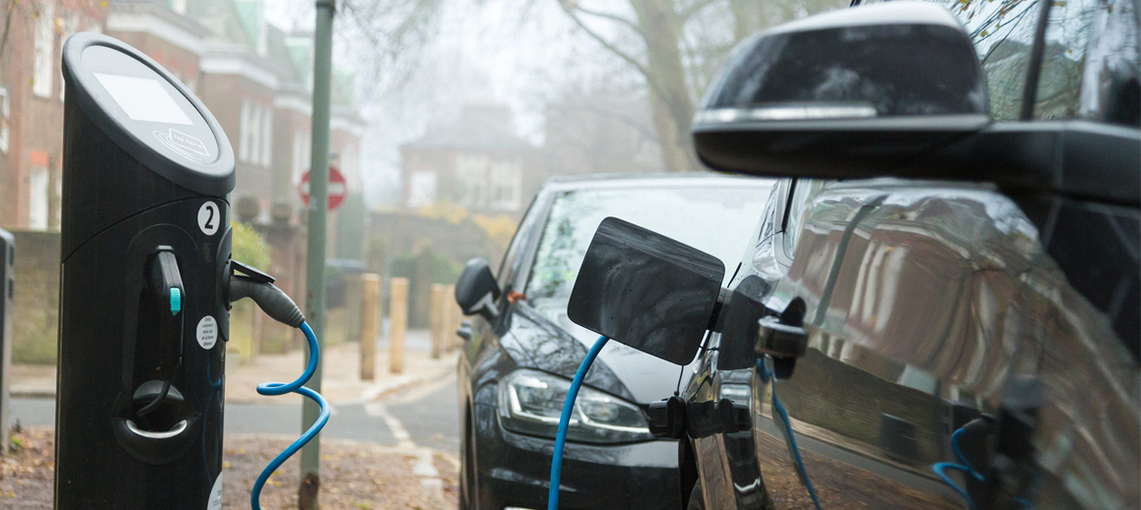Like traditional fuel pricing, EV charging involves a complex interplay of factors, including fluctuating energy costs, diverse driver behaviors, and evolving regulatory landscapes.
Fluctuating energy costs
The cost of electricity is inherently variable, influenced by factors such as energy source availability and grid demand. This volatility makes it challenging for CPOs to set consistent pricing models that ensure profitability while remaining competitive.
Diverse driver behaviors
Early adopters of EVs were often affluent and not typically sensitive to charging costs, often prioritizing convenience and accessibility over price. However, as EVs enter the mainstream market, a broader spectrum of drivers — including those more conscious of costs — is emerging. This shift necessitates flexible pricing strategies that have the ability to adapt and cater to both premium services and budget-conscious consumers.
Evolving regulatory landscapes
Regulatory requirements are continually evolving to keep pace with the growing EV market. For example, new mandates in the UK require the inclusion of contactless payment options at all charging stations, impacting the existing subscription-based models that currently dominate the market. Additionally, disparities in charging infrastructure, especially in urban versus rural areas, pose challenges in standardizing pricing.
EV pricing approaches
To navigate these complexities, many retailers and CPOs implement the following strategies:
- Dynamic pricing models:
Pricing that reflects real-time energy costs and demand, encouraging charging during off-peak hours or when renewable energy supply is abundant. This approach can optimize grid usage and reduce operational costs.
- Tiered service offerings:
Providing varied charging options, such as faster premium services at higher rates and standard services at lower costs, to cater to different customer segments.
Whichever EV charger pricing strategy you decide to implement, it’s vital to use a system that offers the flexibility to adapt to the evolving EV pricing landscape.
With decades of experience helping global fuel retailers manage fluctuating fuel prices, Kalibrate are perfectly positioned to support retailers and CPOs to manage pricing strategies for EV chargers. Armed with robust data sets and years of experience, Kalibrate provides the tools and insights necessary to not only navigate the challenges posed by EV adoption but also to capitalize on the opportunities it presents.
To find out more about Kalibrate’s EV pricing capabilities, speak to the team today.



